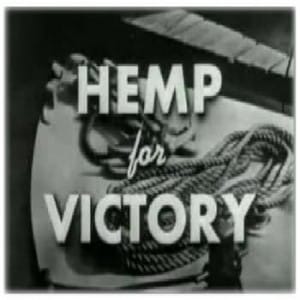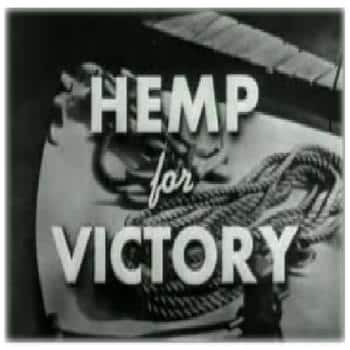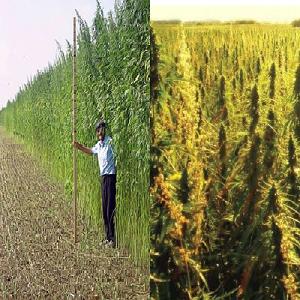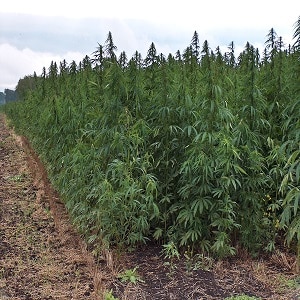 While the public’s attention surrounding cannabis legalization measures in Colorado and Washington have focused on recreational marijuana use, changes regarding state industrial hemp laws have gone relatively unnoticed. That may soon change as farmers may take advantage of a sustainable crop that is a part of a growing, billion dollar industry. Of course, American farmers ability to compete with foreign farmers will depend on the federal government staying out of the way.
While the public’s attention surrounding cannabis legalization measures in Colorado and Washington have focused on recreational marijuana use, changes regarding state industrial hemp laws have gone relatively unnoticed. That may soon change as farmers may take advantage of a sustainable crop that is a part of a growing, billion dollar industry. Of course, American farmers ability to compete with foreign farmers will depend on the federal government staying out of the way.
From the Rim Country Gazette:
Colorado farmers like Michael Bowman will be planting 100 acres of hemp to be harvested and sold off as not only building material, but a highly nutritious superfood. While marijuana is considerably high in the substance known as THC (delta-9 tetrahydrocannabinol), which of course is the compound that produces the ‘high’ effects, it’s also significantly low in what’s known as CDB (cannabidiol). That’s where hemp comes in. Both THC and CDB are known as cannabinoids, but hemp is particularly high in CDB while lacking in THC.
***
That is if the federal government doesn’t seize it across the nation. The DEA has its sights set on confiscating all hemp planted and grown in the United States through citing the Controlled Substances Act, which doesn’t differentiate between marijuana and hemp. The agents, which will ignore state law and enforce federal law throughout any state, say that they will be going after farmers who plant non-THC hemp as if they were planting marijuana. After all, they say it doesn’t matter what it actually is.
In the event that Colorado manages to generate acres of hemp without the federal government raiding the super efficient substance that is classified as a dangerous drug, it will provide a serious industry change that may spread to other states and potentially even federal law. In the more likely scenario of federal agents jailing hemp farmers and raiding their ‘drug’ operations, an intellectual and legal resistance will be in order to attempt to alter the ridiculous laws surrounding the cultivation of hemp.
Of course, as NPR recently reported, the federal government may prevent American farmers from creating jobs and generating revenue:
In the eyes of the federal government, growing cannabis is a violation of the Controlled Substances Act. Special Agent Paul Roach of the Drug Enforcement Administration says federal law does not distinguish between hemp and marijuana.
“It really doesn’t matter whether it looks different or it looks the same,” he says. “If it’s the cannabis plant, it’s in the Controlled Substances Act and, therefore, enforceable under federal drug law.”
The Department of Justice says it’s reviewing the legalization initiatives approved in Colorado and in Washington state. For now, the United States is the only industrialized country that bans hemp.
The United State government has a long history with hemp, from our Founding Fathers to the Hemp for Victory campaign during World War II. Unfortunately, Reefer Madness and Drug War politics have deprived our farmers, and our nation, the opportunity to fully utilize a beneficial and lucrative crop.
Republished with special permission from the National Cannabis Coalition





